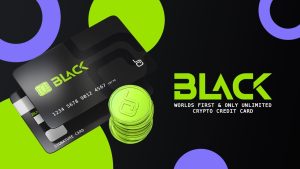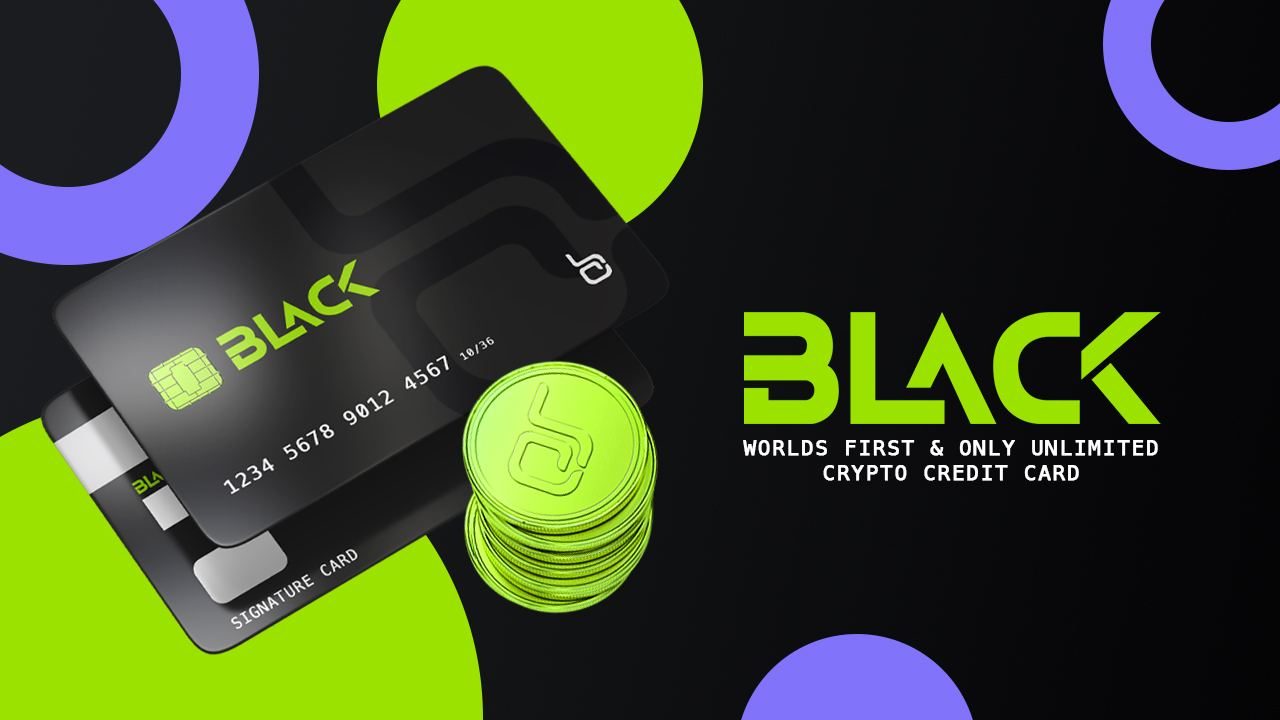Planning on Using Monero? Here are 7 Terms You Need to Know
After its launch in 2014, Monero steadily gained popularity as one of the top privacy coins in the world. Privacy coins are different from other cryptocurrencies because they guarantee that all transactions between users remain anonymous. This feature is a gamechanger in the crypto industry.
To elaborate, the backbone of cryptocurrencies is blockchain technology, which is essentially a public ledger used to foster trust and verify exchanges in the network. Anyone who has access to the blockchain can check and even track transactions with a little bit of elbow grease. However, the introduction of privacy coins in the market turned this accessibility on its head. With privacy coins, users can rest assured that all of their transactions are only accessible to them. And currently, Monero is one of the best privacy coins in the industry.
If you are interested in using Monero and installing a Monero wallet, you must first get up to speed on the common terms used in this blockchain network. After all, like any other cryptocurrency, It has its own vernacular that current and potential users must learn to use the digital coin effectively. To start, here are some of the terms you need to remember when transacting with Monero.

Account
The term “account” is what other cryptocurrencies refer to as a wallet. It essentially also serves the same purpose, just under a different name. Your Monero account holds all the necessary information for sending and receiving Monero, with the potential exception of your private keys (which you have the option to store offline). It shows your transaction history, along with your account balance.
Cold/Hot Wallet
A wallet in Monero refers to the applications that allow you to buy, sell, and receive Monero coins with it. It stores your account, which could be one of many.
A “cold wallet” refers to a Monero account whose private keys are stored offline, such as on a USB drive or offline computer. Users consider this wallet safer because they are less susceptible to hacking and other online attacks.
Meanwhile, a “hot wallet” refers to a Monero account that is connected to the internet. While it faces increased security risk compared to a cold wallet, you can transact faster and more conveniently because all the keys you need are readily available to use.

Daemon
The term “daemon” is the technical word used to describe programs running in the background of an application. Users have no control over it, but it is an integral part of ensuring that the software functions properly. In Monero, accounts rely on a daemon to connect to the Monero blockchain, scan for any incoming transactions, and send and receive coins, as needed.

Keys
Monero uses two sets of keys to function properly: one pair of public keys and one pair of private keys. To expound, here is a quick rundown of each key and its use:
- Public view and spend keys – These keys are used to generate a stealth address, which is a one-time public address that another party can use to send you funds.
- Private view key – This key allows your account to scan the blockchain and view any incoming transactions to your address. In this manner, you can verify that you have received the funds, but since this key is only for viewing, you can’t use it to spend the money.
- Private spend key – As the term implies, the private spend key allows you to spend the funds in your account. More specifically, it signs off all outgoing transactions. It is arguably the most important key in the Monero user’s keyring because it is also the mnemonic seed, which you can use to derive the rest of the public and private keys needed to transact with Monero.
Mixin
Mixin is another word for privacy level. In Monero, the minimum mixin is 4, which means that your transactions are mixed in with the transactions of at least four other users. This method obscures which transaction belongs to which user and allows you to send and receive money anonymously.
Mixins play into Monero’s elaborate functions to ensure user privacy. They include stealth addresses, ring signatures, and RingCT (which hides transaction amounts).
RandomX
Cryptocurrencies use different kinds of algorithms to function properly. Monero uses RandomX, a proof-of-stake algorithm that requires less energy to create blocks and allows miners to work without the need for specialized hardware (such as ASICs, which are needed to mine Bitcoin). The aim of using this type of algorithm is to keep mining decentralized and allow more miners–big and small–to contribute to Monero.
XMR
XMR is the official currency code for Monero. The two terms are often used interchangeably. These are only some of the words you need to familiarize yourself with when using Monero. While it may seem complex at first glance, using this top-tier privacy coin will become easier as you acquire more knowledge from other users, experts, and experience.
As a parting tip, remember that a privacy coin is only as good as its handler. Make sure that you stay on top of any new features and keep your keys near and safe to prevent your coins from getting compromised.
DISCLAIMER: The Information on this website is provided as general market commentary and does not constitute investment advice. We encourage you to do your own research before investing.
Join CoinCu Telegram to keep track of news: https://t.me/coincunews



















